Meet the people of the Institute

Huaping Lu-Adler (director) is a Professor of Philosophy at Georgetown University. Her current work sits at the intersections of Kant, critical philosophy of race, decolonial theory, and social epistemology. She has authored two monographs, Kant and the Science of Logic (OUP, 2018) and Kant, Race, and Racism (OUP, 2023). She is working on a new monograph entitled Slavery and Kant’s Political Philosophy. In it, she interrogates Kant’s political philosophy in light of a fact that scholars rarely see it as philosophically significant or hermeneutically relevant, namely that he composed it against the backdrop of colonial slavery (as an entrenched institution), abolitionist movements, and the Haitian Revolution. She is also writing about various forms of epistemic injustice, ignorance, and politics knowledge production.
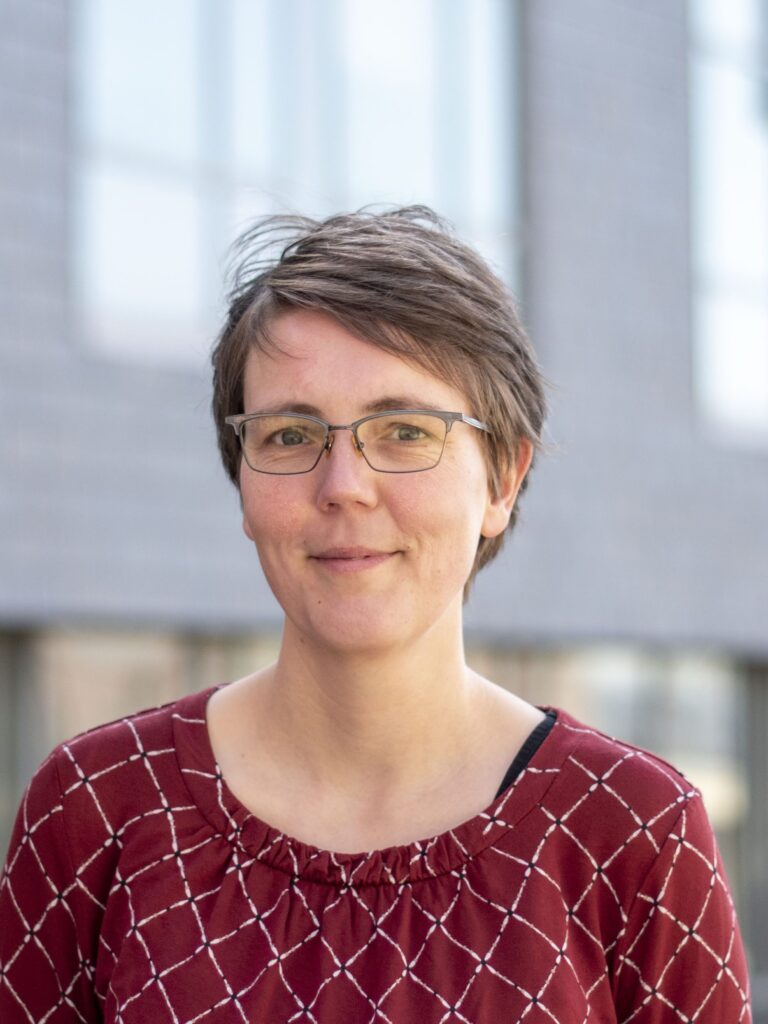
Julia Jorati (co-director) is a Professor of Philosophy at the University of Massachusetts Amherst and a visiting fellow at Slavery North. Her current research focuses on slavery and early modern philosophy. In her most recent books, Slavery and Race: Philosophical Debates in the Eighteenth Century and Slavery and Race: Philosophical Debates in the Sixteenth and Seventeenth Centuries (OUP, 2024), she surveys the philosophically most central portions of antislavery and proslavery texts composed between 1500 and 1800 in Europe and the Americas, with a focus on the role of race. In doing so, she explores the association between Blackness and slavery during this period and examines how common it was for White people to view Black people as naturally destined for slavery. Jorati is currently working on an edition of selected readings about slavery in early modern philosophy as well as a book project on debates about slavery in Massachusetts during the American Revolution.
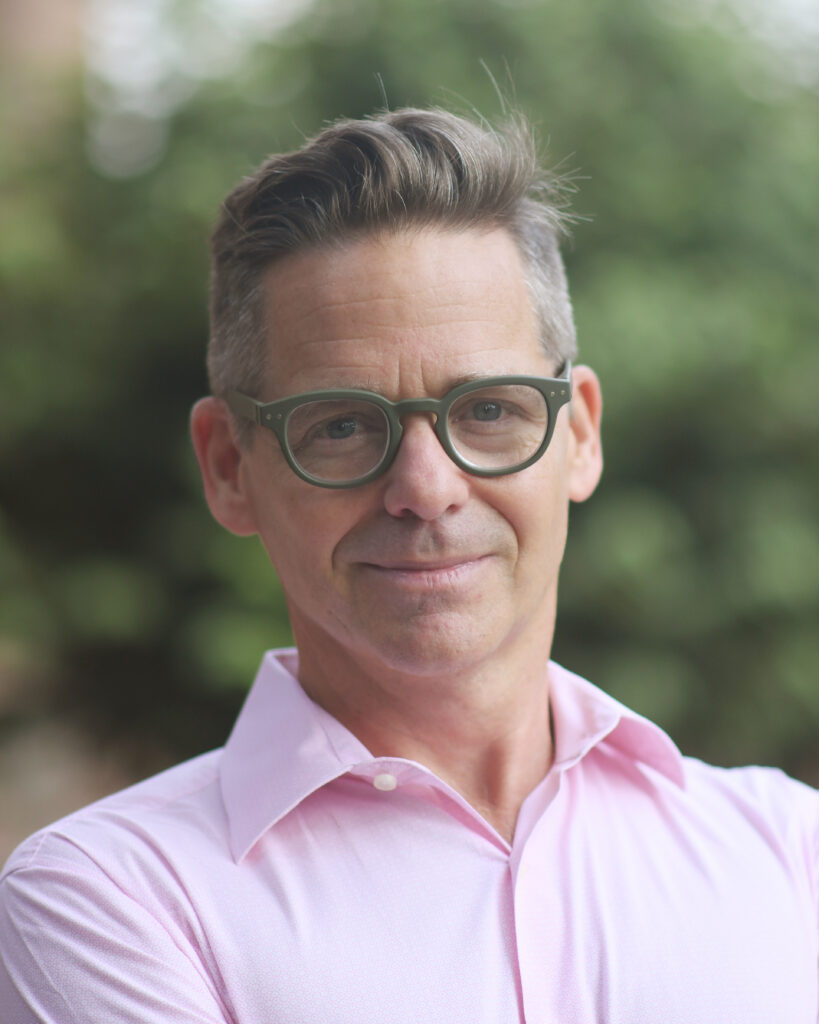
Andrew S. Curran (guest speaker) is the William Armstrong Professor of the Humanities at Wesleyan University. He is the author of several books, including Diderot and the Art of Thinking Freely; The Anatomy of Blackness: Science and Slavery in an Era of Enlightenment; and Who’s Black and Why? A Hidden Chapter in the Eighteenth-Century Invention of Race (with Henry Louis Gates, Jr.), the latter which received the 2023 Association of American Publishers Prose Award for best book in European history. With Henry Louis Gates Jr., he has also launched two digital humanities projects related to the history of race: www.whoisblackandwhy.com and www.theoriesofrace.com. At the Institute, he will lead a session on French Enlightenment thinkers’ views on slavery and race.
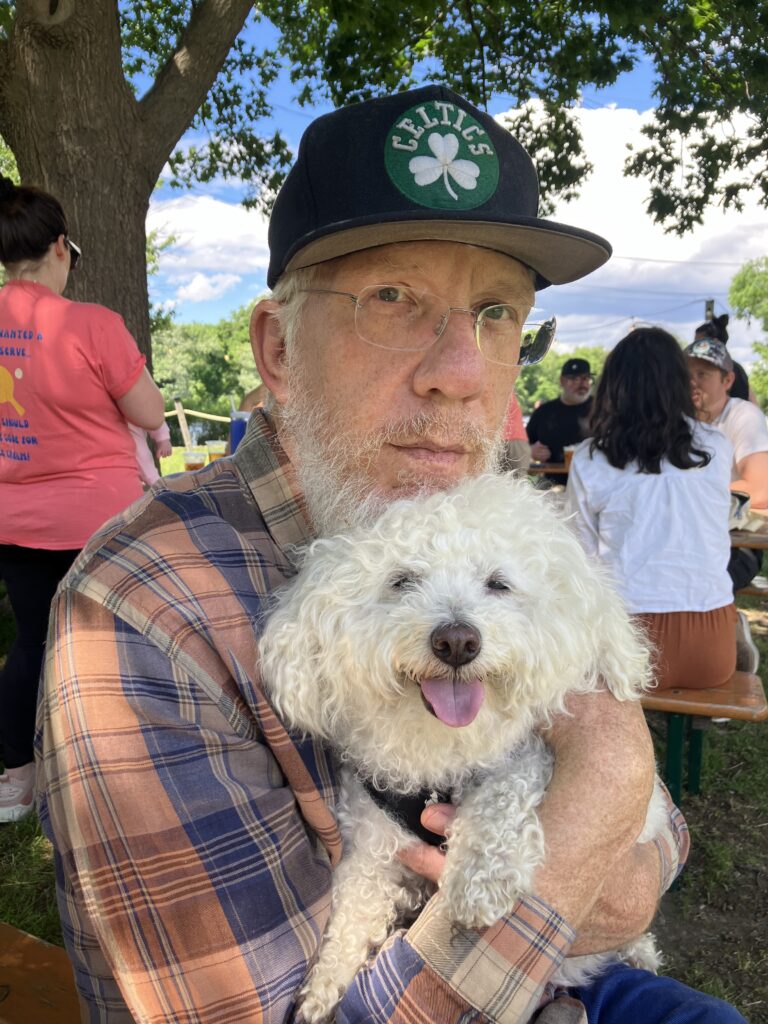
Aaron Garrett (guest speaker) is a Professor of Philosophy at Boston University. His research specialization is Scottish philosophy in the eighteenth century; he has published several books, editions, and articles on this topic and is a renowned authority. At the Institute, he will lead morning sessions on Scottish debates about slavery in the eighteenth century, focusing on Francis Hutcheson, David Hume, and James Beattie. These Scottish texts had an enormous impact on debates about slavery elsewhere in Europe as well as in North America and are, therefore, very important for the Institute.

Johan Olsthoorn (guest speaker) is an Associate Professor of Political Theory at the University of Amsterdam. He is the author of Hobbes on Justice (OUP, 2024) and of numerous articles and book chapters on early modern moral, legal, and political philosophy. Two of his recent articles examine the antislavery theory of Quobna Ottobah Cugoano, recovering his diagnosis (based on lived experience) of the profound injustice and inhumanity of Transatlantic chattel slavery. Previously, he has worked on conceptions of slavery and forced subjection in the natural law tradition, with special attention to Grotius, Hobbes, Locke, and Pufendorf. At the Institute, he will be leading a session on the role of ideas of slavery in the social contract theories of these last thinkers.
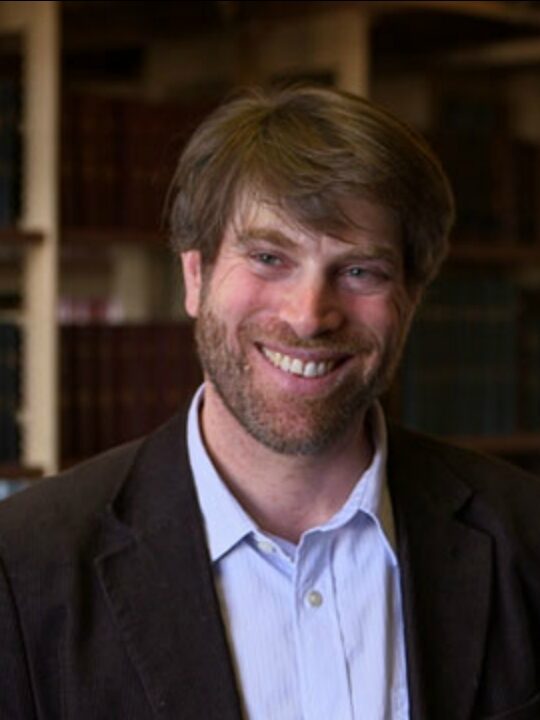
Adam Rothman (guest speaker) is a Professor of History at Georgetown University and the founding Director of Georgetown’s Center for the Study of Slavery and Its Legacies. He is the author of Slave Country: American Expansion and the Origins of the Deep South and Beyond Freedom’s Reach: A Kidnapping in the Twilight of Slavery, which won the American Civil War Museum Award. Rothman curates the Georgetown Slavery Archive, a digital repository of archival materials relating to the history of Georgetown, the Society of Jesus, and slavery. He was a member of Georgetown’s Working Group on Slavery, Memory, and Reconciliation. He teaches courses on 19th-century American history, Atlantic history, the history of slavery, and archival theory and practice. He will lead sessions on Thomas Jefferson and Frederick Douglass at the Institute. He will also guide us through Georgetown’s Slavery Archive and lead us on a Walking Tour of Slavery, Memory, and Reconciliation at Georgetown University.

Dalitso Ruwe (guest speaker) is an Assistant Professor of Black Political Thought at Queen’s University in Canada. His research focuses on Black political thought in the eighteenth and nineteenth centuries. Ruwe is currently working on a monograph titled Black Narricide: Ontological Sovereignty and Slavery, which is based on his doctoral dissertation. At the Institute, he will lead a morning session on Ottobah Cugoano and Pompe Valentine Vastey, two important Black political theorists who theorized about slavery in the late eighteenth and early nineteenth century. Thanks to Ruwe’s expertise in political theory, he can help participants think about early modern texts about slavery from additional angles.
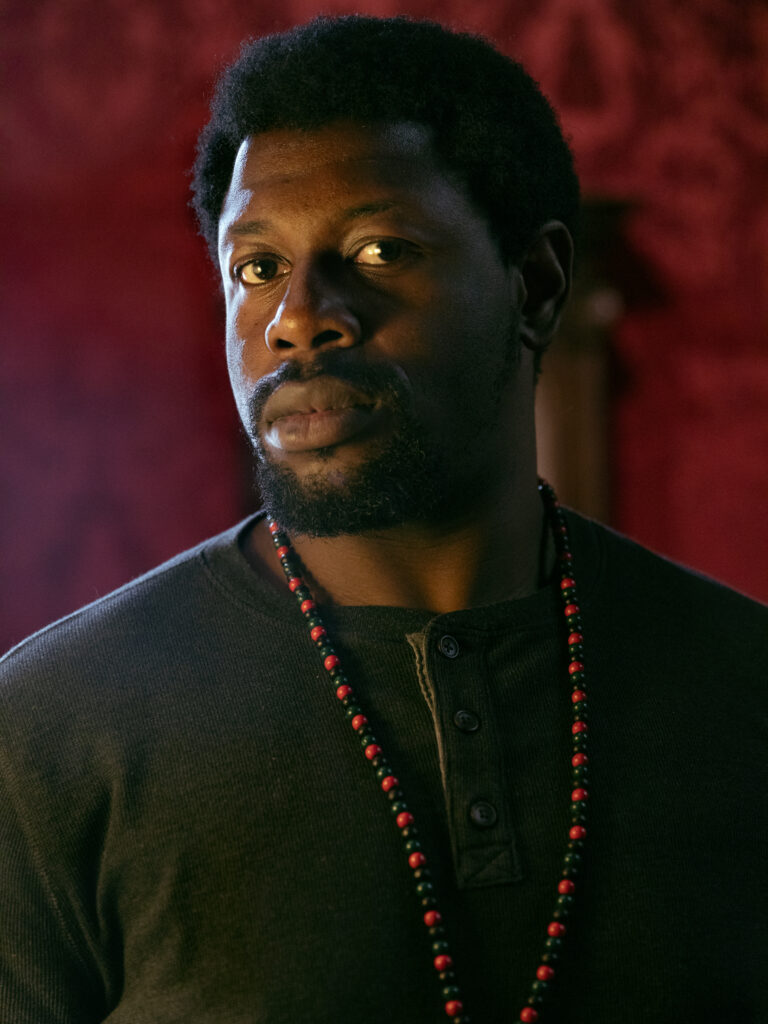
Olúfẹ́mi O. Táíwò (guest speaker) is an Associate Professor of Philosophy at Georgetown University. He is the author of Elite Capture: How the Powerful Took Over Identity Politics (And Everything Else), which received an honorable mention at the American Philosophical Association’s extremely competitive book prize in 2023, and Reconsidering Reparations (Oxford University Press, 2022). His wide-ranging expertise includes the Black radical tradition, anti-colonial thought, and histories of activism, among other things. He taught a graduate seminar on the Haitian Revolution. He will be leading sessions on this topic at the Institute.